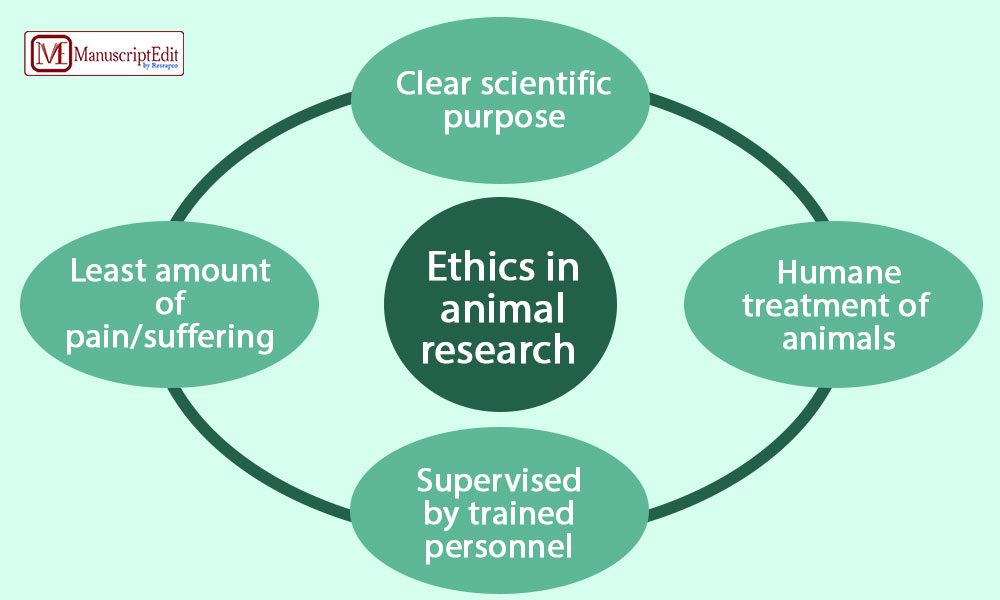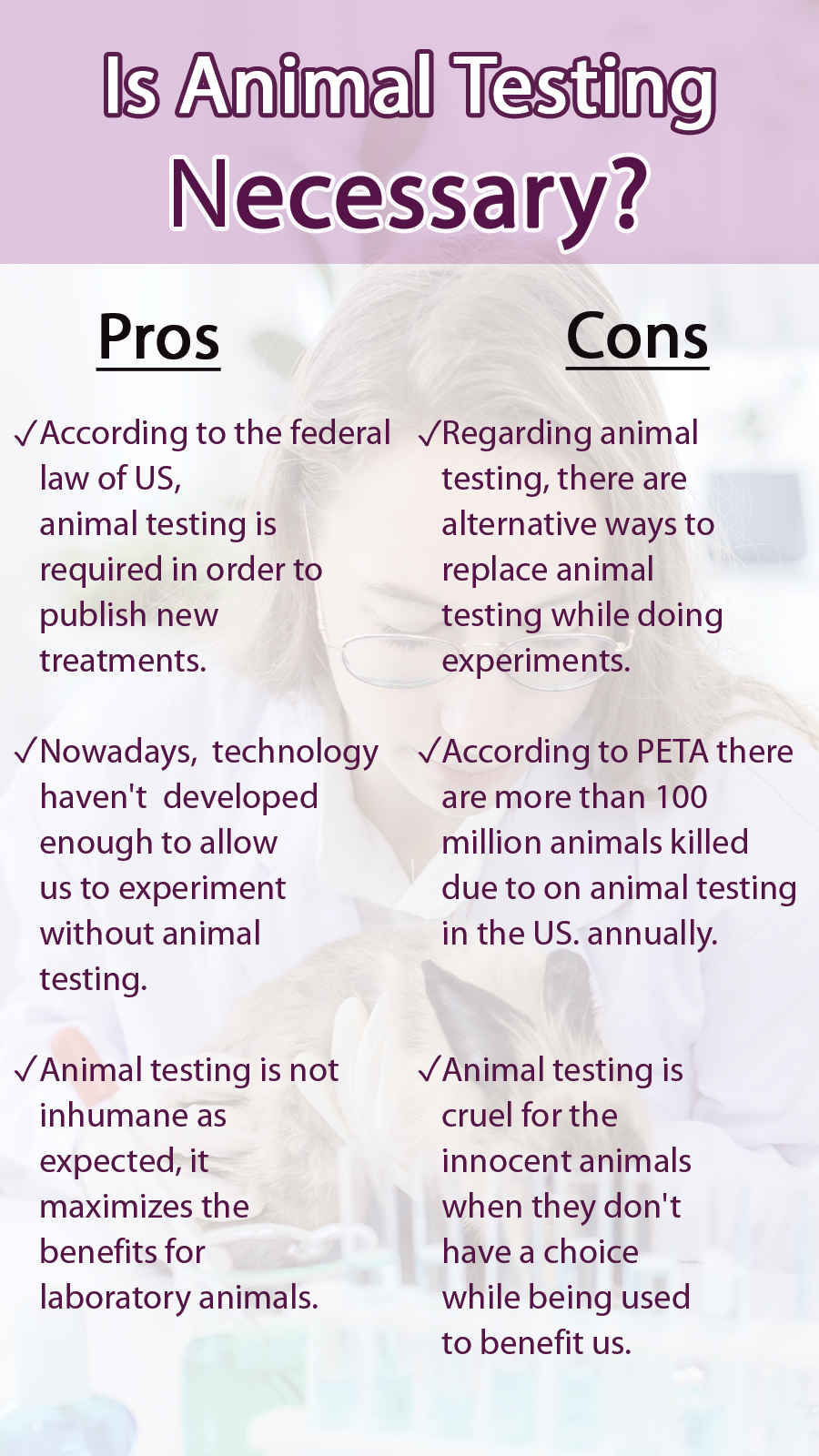 While improving human and animal health and expanding scientific understanding, research also presents ethical questions. Ethical conundrums involving animal suffering, informed consent, and privacy arise in human and animal research.
While improving human and animal health and expanding scientific understanding, research also presents ethical questions. Ethical conundrums involving animal suffering, informed consent, and privacy arise in human and animal research.
To promote responsible and ethical research procedures, this blog post seeks to address these issues and investigate potential solutions.
What Are Ethical Issues in Animal Research?
Although it presents ethical questions, animal research has dramatically advanced science. Because animals may feel pain and sorrow, animal welfare and suffering are essential concerns.
It is questionable to use animals as models for human disorders because the results may not hold for all individuals. Furthermore, there is a growing exploration of alternate techniques and a reduction in the use of animals.
Ethical problems include:
- Weighing the benefits to humans against the suffering of animals.
- Putting animal care ahead of scientific advancement.
- Being open about animal research.
 Researchers must address these issues to guarantee that animal research is morally and responsibly conducted.
Researchers must address these issues to guarantee that animal research is morally and responsibly conducted.
What Are Some Ethical Concerns About Researching Behavior With Human and Animal Subjects?
Human research depends on medical progress, but it also presents ethical questions. Participants’ autonomy and informed consent are crucial since they must know the advantages and hazards. Since sensitive data is gathered, privacy and secrecy are also vital.
Children and inmates are examples of vulnerable populations that could be exploited. Obtaining informed consent, avoiding exploiting vulnerable groups, and striking a balance between study objectives and participant protection are ethical problems.
Researchers must negotiate these complications to maintain moral and responsible research procedures involving humans.
Ethics of Animal Testing Pros and Cons
Img2
The pros and cons of animal testing are as follows:
What Are the Ethical Guidelines That Should Guide Our Research With Animals and Humans?Ethical guidelines for research with animals and humans include:
- Obtaining informed consent from participants.
- Minimizing harm and distress.
- Using alternative methods when possible.
- Respecting participant autonomy and privacy.
Additionally, researchers should adhere to principles such as beneficence, non-maleficence, and justice and ensure transparency and accountability in their research practices. These guidelines aim to protect the welfare and rights of research participants and promote responsible and ethical research.

Conclusion
To sum up, ethical issues in human and animal research must be addressed if science is to proceed responsibly. Researchers, institutions, and funding organizations must prioritize ethical practices to protect human participants and ensure animal welfare.
By doing this, we advance scientific research’s legitimacy, trustworthiness, and advancement, ultimately enhancing the health of people and animals.
References
- https://www.ncbi.nlm.nih.gov/pmc/articles/PMC9710398/
- https://www.forskningsetikk.no/en/guidelines/science-and-technology/ethical-guidelines-for-the-use-of-animals-in-research/
- https://research.umn.edu/units/iacuc/training-education/ethics-animal-use-research



